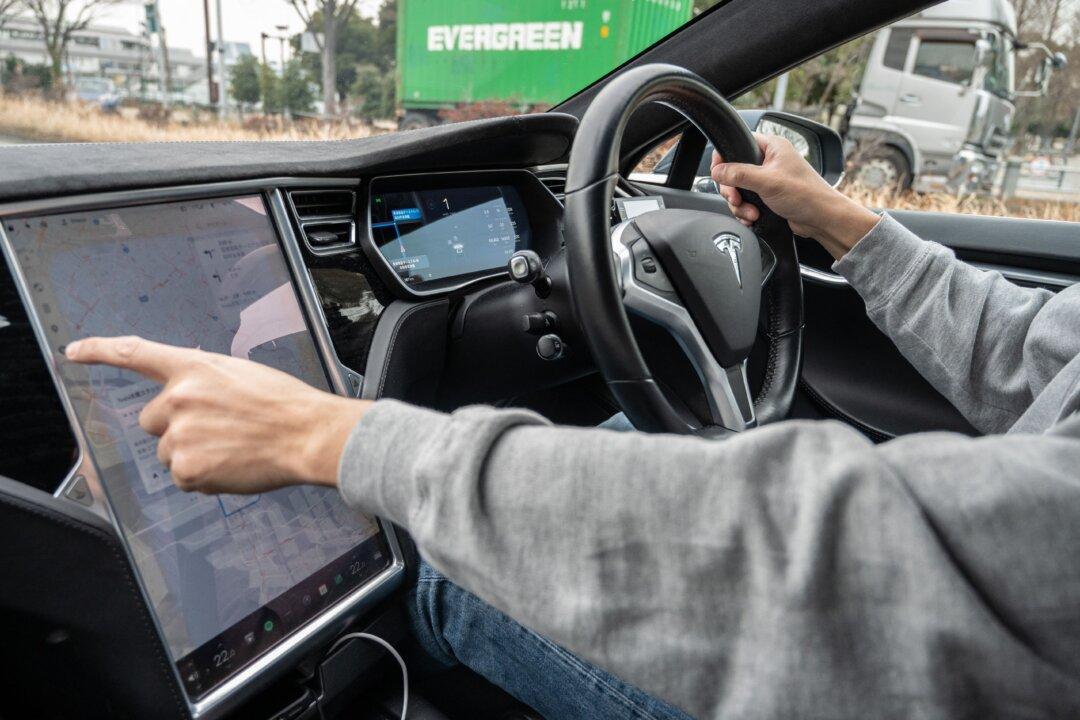With in-vehicle cameras becoming more common in new vehicles, concerns over how pictures, videos, and audio data are used by manufacturers has left some consumer privacy advocates concerned. But after a multi-year effort, California has passed a new law restricting how such information can be used or shared.
Senate Bill 296, authored by Sen. Bill Dodd (D-Napa), received Gov. Gavin Newsom’s signature Oct. 13 and will now mandate that dealers inform customers of cameras inside their vehicles, prohibits sharing footage with third parties without consent, and enables the California Attorney General or any district attorney to fine dealers or manufacturers up to $2,500 per incident for violations.





